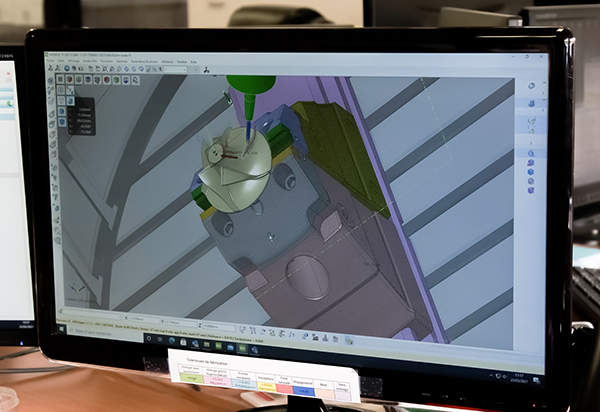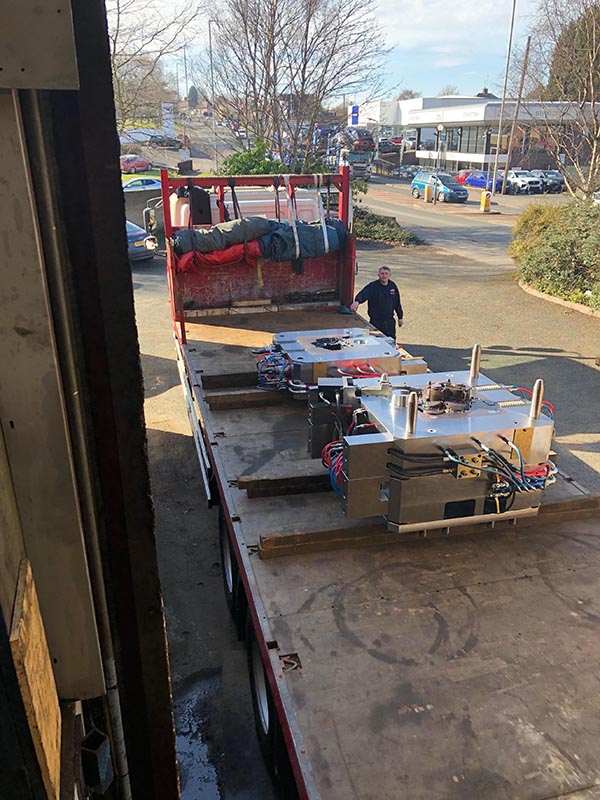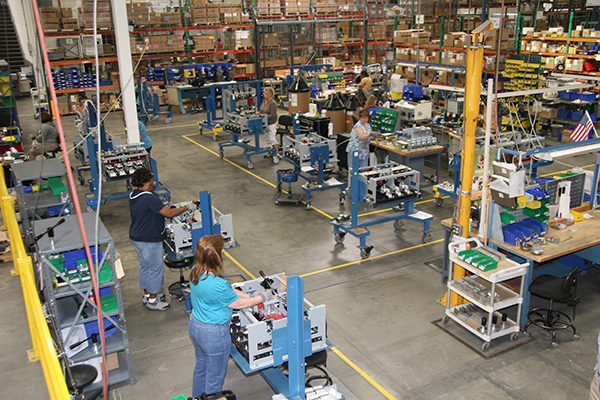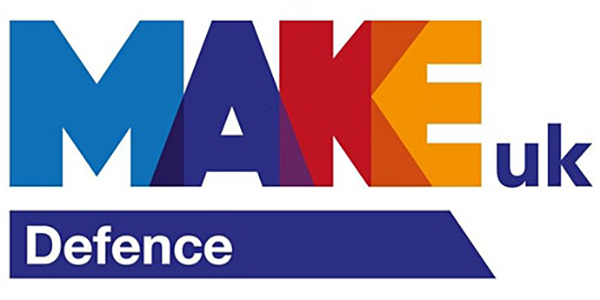
Mills CNC, the exclusive distributor of Doosan machine tools in the UK and Ireland, has recently supplied Stourbridge-based HCM Engineering, a precision toolmaker and die-casting process technology specialist, with a new large-capacity three-axis vertical machining centre.
The machine – a Mynx 9500/50 – is a box-guideway three-axis machining centre for heavy-duty operations, including interrupted cutting and long machining runs.
“It is,” according to Mike Hanson, HCM’s operations managing director, “a versatile machine: a real all-rounder.”
HCM’s new Mynx 9500/50 was installed in February 2021 at the company’s 12,000 sq ft facility, where it is being used to machine complex, high-precision die-cast mould tools for a number of leading OEM and tier-one customers – predominantly, but not exclusively, from the automotive sector.
The die-cast mould tools machined on the new Mynx 9500/50 are complex and characterised by intricate and high-precision features such as thin walls, ribs, tapers and cavities, and increasingly by their large size. Specific mould-tool elements machined on the Mynx include 3D ‘component’ forms and features, 2D plates, mould inserts, cores and slides. The elements are made from hardened tool steels and machined to tight geometric tolerances (0.025 mm), high surface finishes and exacting quality standards.
Established in 1969, HCM Engineering is an independent, privately-owned precision toolmaking company that has over 50 years’ experience and expertise in the moulding and die-casting business.

The company provides customers with complete ‘concept to completion’ tooling solutions, offering design consultancy and design for manufacturing services, through to the production and supply of high-pressure, low-pressure and gravity die cast mould tools. As part of its services the company also provides machined or 3D-printed prototypes for test builds.
HCM is committed to continuous improvement and achieving best practice and, as such, regularly invests in its people, plant and equipment to improve performance and competitiveness. Part and parcel of the company’s improvement programme is its willingness and readiness to invest in the latest advanced manufacturing technologies.
Says Mike: “We regularly monitor and review our performance. If, and when, we see any area for improvement, we act quickly and decisively to rectify the situation.”
The company’s progressive, and some may say ‘bullish’, ethos and approach is evidenced by its move, back in 2003, to create HCM India (a 50:50 joint venture enterprise) from scratch.
Says Simon Hanson, HCM’s commercial managing director: “To help combat tooling contracts from migrating to China and the Far East, we set up a new company in India. The joint venture has been, and is, a huge success: it has helped us remain competitive and has been instrumental in us securing new business.’ with: The joint venture has been, and is, a huge success: it has helped us to remain competitive and been instrumental in securing new business. HCM India has provided us with significant flexibility. We can design and manufacture hybrid mould tools, using both our UK and Indian facilities.”
The company’s ability to keep ‘one eye on the future’ is also evidenced by its successful five-year apprenticeship programme run in partnership with local FE colleges and training providers.

HCM’s investment in the Mynx 9500/50 was made for a number of reasons. Firstly, to increase the company’s machining capacity and capabilities: specifically its ability to produce large die cast mould tools increasingly required by, and used in, the automotive sector. HCM also wanted to improve the company’s productivity and efficiency by enabling it to adopt lights-out, unattended machining operations and, as a consequence, improve cost competitiveness and lead time fulfilment.
Automotive manufacturers under pressure to make vehicles lighter, more energy efficient and ‘cleaner’ are increasingly looking to make more parts from lightweight aluminium, zinc and/or magnesium alloys manufactured via the die-casting process.
“Customers’ tooling requirements are constantly changing,” says Mike. “Over the past 10 years the trend within the automotive sector is towards larger and more complex mould tools. It’s a trend, certainly with the rapid growth of electric vehicles, which looks set to continue well into the future.
“This is good news for toolmakers, as long as they have the requisite machining capabilities available to manufacture large-sized dies,” he continues. “To stay ahead of the curve and remain competitive, we identified that we needed to increase and improve our machining (milling) resources – specifically relating to the size and weight of parts (tooling) we could machine. Although we have a number of 2 and 3 m bed machines at our facility, we realised that it would be a strategically sound move to invest in another machine to enable us to succeed in a constantly-changing and ultra-demanding market. With the trend towards large mould tool production we decided to invest in the Mynx machine.”

Doosan’s Mynx 9500/50 is a large-capacity machine with a work envelope of 2500 x 950 x 850 mm that can accommodate workpieces up to 3500 kg in weight. The machine’s 2500 x 950 mm work table is being used by HCM to produce large workpieces, as well as multiple smaller jobs. These parts can be machined in a single set up and, such is the reliability of the Mynx 9500/50, unattended overnight and at the weekends.
Says Mike: “To help us increase our productivity and operational efficiencies, and to ensure we were able to meet customers’ often stringent delivery deadlines, we needed the machine to run lights-out.”
The machine features a BT50 built-in spindle (22 kW/10,000 rpm/452 Nm) with Big Plus dual-contact face and taper configuration.
“The Mynx’s rigid design and build, combined with its advanced spindle technology, enables us to ramp up feeds and speeds and to take aggressive depths of cut, all of which help reduce cycle times,” says Mike. “Its technical prowess, in addition to its 40-position servo-driven ATC with 2.5 second tool changeover time, gives us the ability and confidence to run the machine unattended.”
HCM is no stranger to Doosan machine tools or Mills CNC having invested in two DNM 650 Mk II vertical machining centres in 2014.
“Mills CNC knows our business and we have a good relationship with them: the previously acquired Doosan machines have performed well over the years,” states Simon. “In mid-October 2020, Mills made contact to inform us that they would soon have a large-capacity Doosan machine arriving in stock in the very near future. “The size and technical specification of the machine appeared to match our requirements perfectly and, when we found out its price and that it could be delivered, installed and be up and running in early 2021, we were, to put it mildly, very interested,” he adds. “Following further discussions with Mills we placed the order and the Mynx was installed in February. From order to delivery took just 10 weeks.”
Concludes Mike: “The productivity benefits we are experiencing from the Mynx investment are dramatic and significant. Just when machining 2D plates we estimate that we are now 800% faster.”
For further information
www.millscnc.co.uk



























